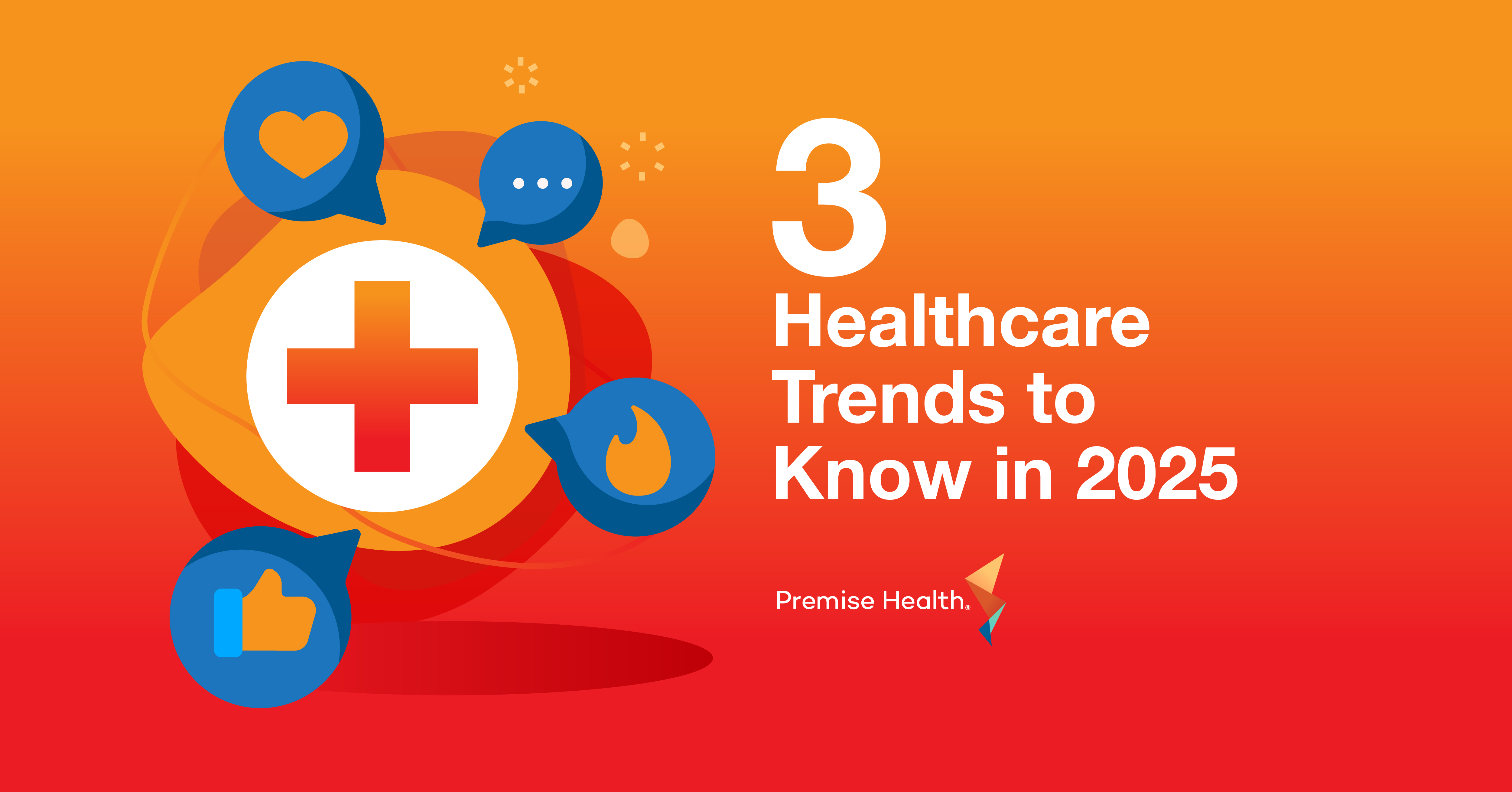Beyond the Clinic: Insights from Occupational Health Experts
In the world of workplace wellness, occupational health professionals are essential to maintaining a healthy, safe, and productive workforce. At Premise, two such experts, Debra Mayo, and Cindy Joffrion, exemplify this commitment. Debra, a corporate occupational health nurse for a pharmaceutical company in the Boston area, and Cindy, a group health center manager and family nurse practitioner for a defense contractor in Dallas-Fort Worth, each bring unique skills to their roles.
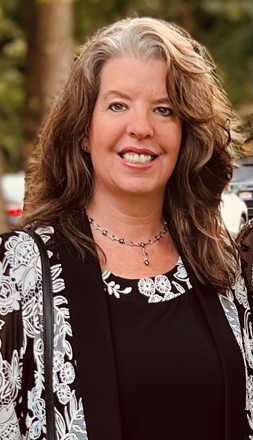 Corporate Occupational Health Nurse
Corporate Occupational Health Nurse
Debra brought nearly 35 years of experience as a registered nurse to Premise when she joined the team in 2022, following a lift-out at her client pharmaceutical site from a legacy vendor. Beginning her career in a traditional hospital setting, Debra has since transitioned into the role of corporate occupational health nurse. Based in Boston, MA, she supports field-based and virtual members across the country, ensuring top-tier injury management with a focus on safe return to work and reduction of lost time. Beyond her role at Premise, Debra contributes her expertise as a member of the Massachusetts Association of Occupational Health Nurses Board and leverages her credentials as a board-certified nurse coach to enhance the experience for both employees and clients, from initial contact to resolution.
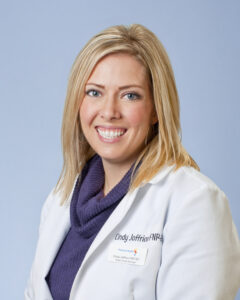 Group Health Center Manager and Family Health Nurse Practitioner
Group Health Center Manager and Family Health Nurse Practitioner
Cindy has built an impressive 11-year career as a nurse practitioner, having first entered the healthcare field as a registered nurse. Over the years, she has honed her expertise across various areas, including urgent care and family medicine. Her journey led her to working for a defense contractor in Grand Prairie, TX, where she then transitioned to Premise, taking on the role of group health center manager. Today, Cindy oversees five onsite occupational health centers, working closely with each site’s health center manager (HCM) ensuring they operate efficiently and provide high-quality care. Alongside her managerial duties, Cindy also serves as a clinical instructor at the University of Texas at Arlington and McMurray University, sharing her knowledge and experience with the next generation of medical professionals. Additionally, Cindy serves as co-chair of the American Association of Occupational Health Nurses (AAOHN) practice committee, where she helps develop position statements and contributes to occupational health-related writing. Both Premise and AAOHN have supported Cindy in expanding her knowledge by providing resources and review classes to help her prepare for and pass the exam to become a Certified Occupational Health Nurse-Specialist (COHN-S).
While they operate in different capacities and support distinct organizations, Debra, Cindy, and all our occupational health providers at Premise are united by their dedication to delivering high-quality care and exceptional experiences for both members and clients. We had the privilege of speaking with Debra and Cindy to explore their professional journeys, understand their current responsibilities, and learn how they consistently create outstanding experiences in their work.
What are the key responsibilities in your role?
Debra
As an occupational health nurse, my responsibilities include administrative case management of workers’ compensation injuries, reinforcement of injury reporting and prevention initiatives, as well as comprehensive support for employee well-being and client objectives. Additionally, I assist at two off-site locations with their remote safety which may include ergonomic support.
When a field-based team member sustains an injury, I take charge of follow-up communication, bridging the gap between the employee, third-party workers’ compensation providers, and often the client’s HR and management. My role extends from the initial injury notification to case closure. Furthermore, I facilitate biweekly workers’ compensation team meetings, ensuring alignment with our occupational health team and the client’s stakeholders. By tracking and reporting Lost Time incidents due to work-related injuries, I serve as a liaison for the team, promoting informed decision making.
Cindy
As a group health center manager, I directly supervise five health centers nationwide. I serve as the primary point of contact for these centers, providing information and support to help develop their individual roles and support teams. My key responsibilities include staying current on site metrics (such as financials, utilization goals, and variances) and ensuring a thorough understanding of their implications. Additionally, my role involves reacting promptly when clinical operations introduce new initiatives. I translate this information for the HCMs at the sites I oversee and assist them in implementation.
How do you interact with other occupational health nurses, case managers, or health center managers?
Debra
With my position being fully remote, effective communication is essential. I regularly engage with client leadership, our Premise Health director of client operations (DCO), and our terrific team.
Recently, with my DCO’s support, I introduced a monthly ‘Occupational Health Tips, Tricks, and Trends’ interactive team meeting, which has been both fun and useful for the larger group. Different data is required for various organizations such as OSHA so helping support and organize this is crucial. The only way the client sees actual progress is through the data so it’s very important for it to be aligned and have buy-in from all parties. I truly believe that a good nurse is a great detective, so I never shy away from asking questions to uncover the “why” when possible.
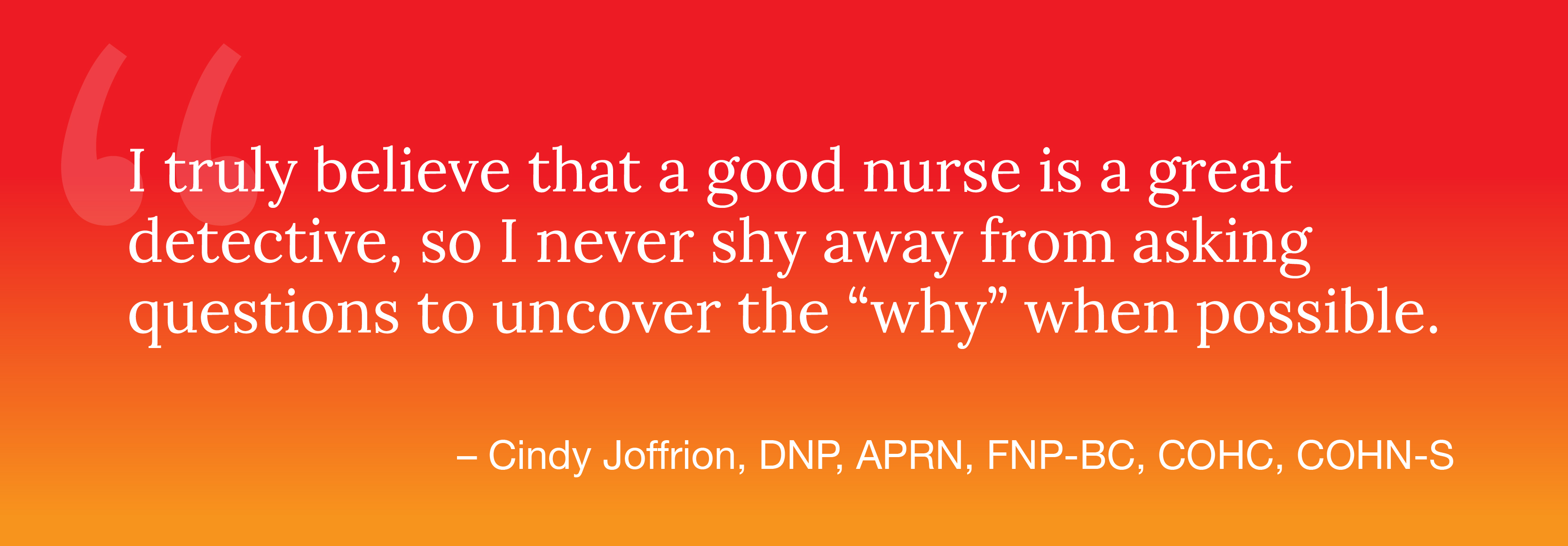
Cindy
In my role, I prioritize maintaining open communication among HCMs, registered nurses (RNs), and myself. At this client, Occupational RNs handle case management, surveillance testing and examinations directly, making these check-ins even more crucial.
Occupational health nurses often possess knowledge beyond what you’d find in a typical clinic. I actively support their growth through mentoring and education, leveraging my successful track record as an instructor at UT-Arlington and McMurray University. These opportunities allow me to regularly engage with aspiring nurses and share my expertise.
How do you feel your role makes a difference for both members and providers?
Debra
I feel incredibly fortunate to be in my current role, where I can demonstrate our team’s value by making a difference for our members. Navigating the complexities of occupational health can be challenging for individuals, and I believe our members truly appreciate the benefits we provide.
Utilizing my role to address Lost Time questions and needs has also been pivotal. Whether it’s liaising with absence management vendors, workers’ compensation providers, client HR stakeholders, or fellow Premise Health team members, I’m grateful to serve as that bridge. I encourage other occupational health clients to consider creating a similar role—it supports both members and providers in numerous ways.
Cindy
I believe in doing things the right way and ensuring our members’ satisfaction. In my role, I achieve this by improving the quality of care and standardizing practices across all the sites I oversee. Regardless of the site, members should receive consistent care. Occupational health provides a unique opportunity for me to establish personal connections with our members, and I truly feel like they value my availability and responsiveness to their concerns. As a peer, providers recognize that I advocate for them. My goal is to support our providers in their roles, allowing them to focus on their work while addressing any necessary adjustments.
What motivates you to do your best in your role every day?
Debra
The meaningful work we do inspires me every day to excel in my role. The feedback from those I assist reinforces its importance, and I’m incredibly grateful for the opportunity. This year, I stepped out of my comfort zone to champion occupational health, and I’m nearly finished with an online Master of Nursing program which has been a rewarding journey. My goal is to leverage my studies and expand into population health at Premise to support even more members.
Cindy
My father ingrained in me the importance of always striving for excellence. His motto, ‘Complacency is mediocrity,’ drives me to ask questions and understand the ‘why’ behind issues. He truly taught me to know what I don’t know already and never be afraid to ask questions. In my current role, I’m constantly working toward goals for our members and my team with this in mind, which keeps me engaged with those around me on a consistent basis.
What has been the biggest surprise in your responsibilities that people may not think about?
Debra
Many people fail to fully grasp the multifaceted nature of occupational health work and the specialized field it represents. Remotely working makes it crucial for me to be intentional in my interactions with peers, particularly those I don’t engage with daily. My actions or inactions can greatly affect the client members or leadership, so I don’t take that for granted and work very hard on clear communication.
Cindy
Data management plays a crucial, often overlooked role in my job. I regularly analyze health center performance metrics. These behind-the-scenes efforts are vital for maintaining accurate records, ensuring regulatory compliance, and safeguarding our members’ privacy. By understanding this data, I know what is going on before talking with key stakeholders, and it assists me in assessing workload and gauging the morale of the larger team.
Motivated Professionals by Your Side
Our conversations with Debra and Cindy have illuminated their professional journeys, current responsibilities, and the consistent excellence they bring to their work every day. Despite their diverse responsibilities, they share an unwavering dedication to delivering top-tier care and exceptional experiences for both members and providers. Our commitment extends to the occupational health provider team at Premise, evident in our recent Employer Recognition Award from the American Board for Occupational Health Nurses (ABOHN).
Premise is dedicated to every facet of occupational health, from preventive measures to treatment and recovery. When injuries do happen, partnering with Premise can significantly enhance your employees’ and business’s recovery efficiency. According to an analysis of Occupational Safety and Health Administration (OSHA) data, Premise Health clients saved an average of six lost workdays per case. Our occupational health providers are committed to delivering effective treatment that helps employees return to work safely and swiftly. Ready to bring amazing member experiences to your people? Get in touch today to learn more about adding occupational health to your workplace benefits.
Next on industry insights.
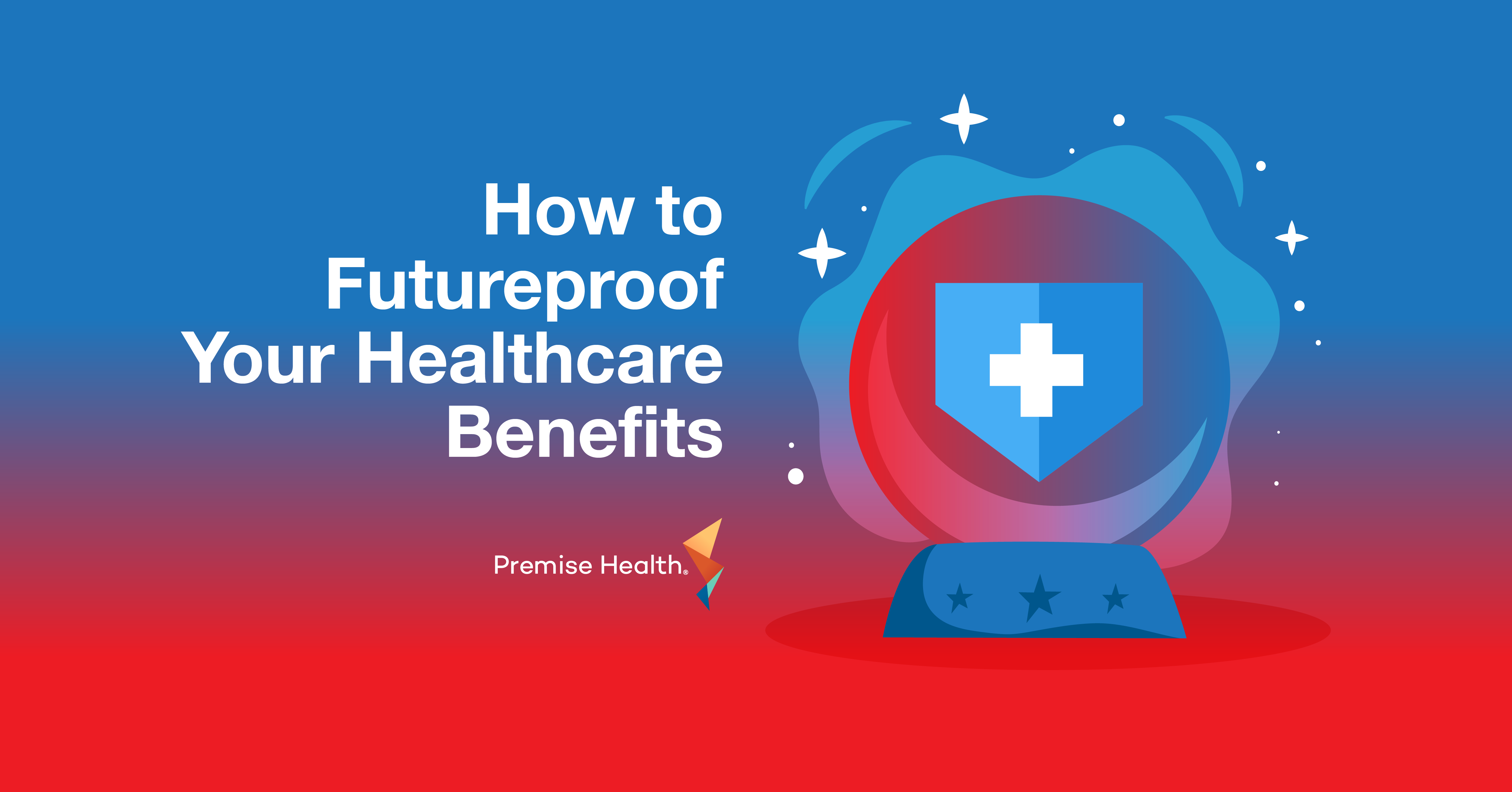
How to Futureproof Your Healthcare Benefits
Read the Blog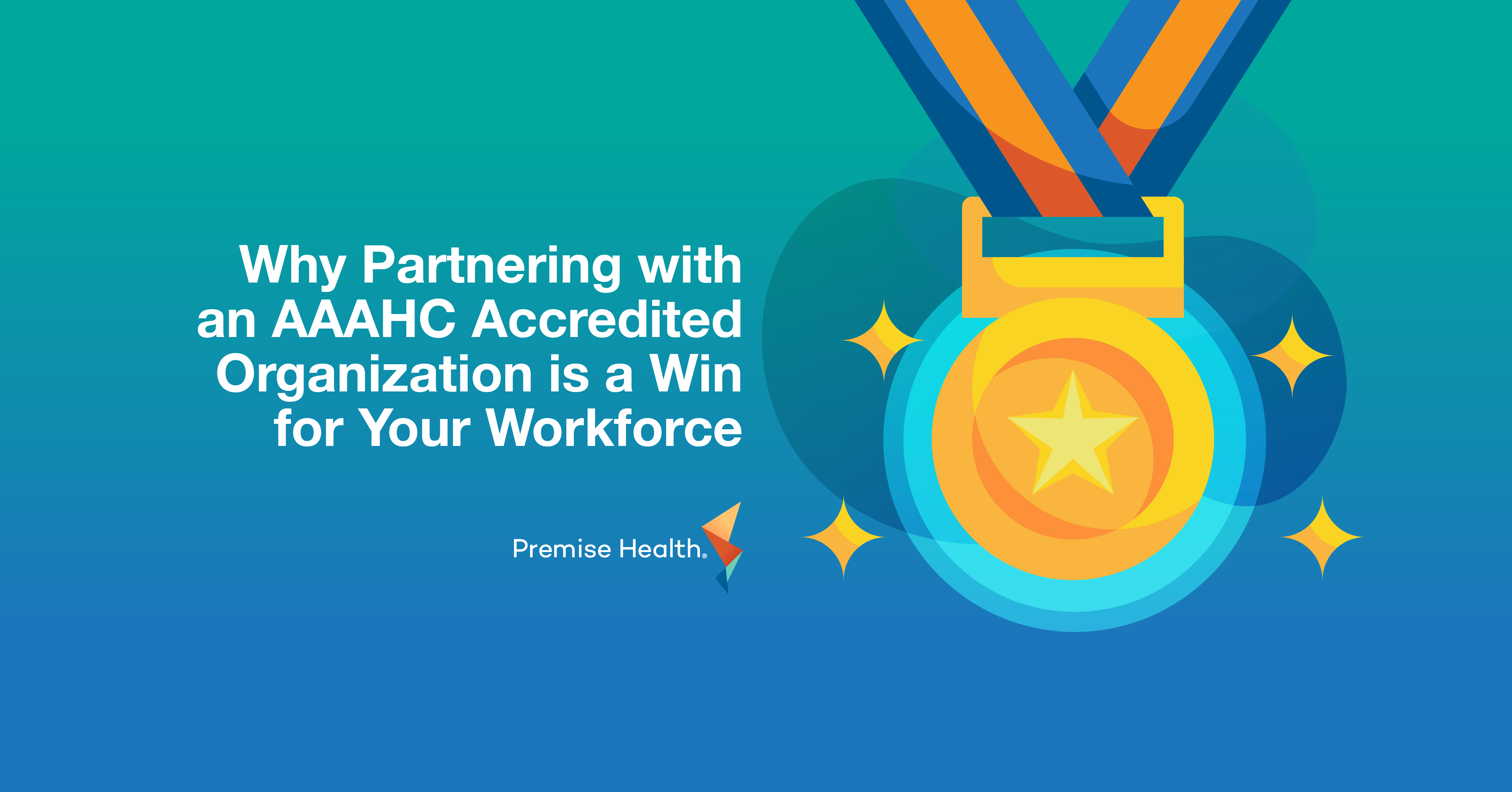
Why Partnering with an AAAHC Accredited Organization is a Win for Your Workforce
Read the Blog